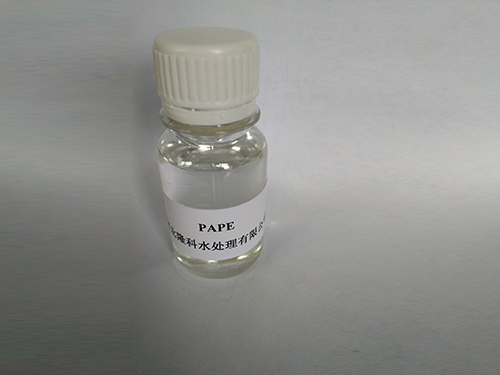flocculant chemical
Understanding Flocculants Essential Chemicals for Water Treatment
Flocculants are chemicals that play a crucial role in the treatment of water, wastewater, and various industrial processes. These substances are used to promote the agglomeration of suspended particles in a liquid, leading to the formation of clumps or 'flocs.' This process significantly enhances the efficiency of sedimentation and filtration, making it a vital component in maintaining clean and safe water supplies.
The Mechanism of Action
Flocculants function through several mechanisms, primarily involving charge neutralization and bridging. When added to water, these chemicals interact with the suspended solids, typically charged particles that remain in suspension due to electrostatic repulsion. Flocculants can neutralize this charge, allowing particles to come closer together and form larger aggregates. Additionally, some flocculants act as bridging agents, where long-chain molecules link multiple particles together, further facilitating the formation of larger flocs that can easily settle to the bottom or be removed through filtration.
Types of Flocculants
Flocculants can be broadly categorized into synthetic and natural types. Synthetic flocculants, such as polyacrylamides, are widely used due to their efficiency, availability, and cost-effectiveness. They can be tailored to specific applications by modifying their molecular weight and charge density. On the other hand, natural flocculants, derived from organic materials like starch or chitosan, are becoming increasingly popular due to their biodegradable nature and lower environmental impact. Both types have their advantages and are selected based on the specific requirements of the treatment process.
Applications in Water Treatment
flocculant chemical

In water treatment facilities, flocculants are essential for purifying drinking water. When raw water enters these facilities, it contains various impurities, including sediments, microorganisms, and pollutants. The addition of flocculants helps to remove these contaminants efficiently. The process includes coagulation, where coagulants are added first to destabilize particles, followed by the addition of flocculants to facilitate the formation of larger aggregates that can be easily removed through sedimentation and filtration.
In wastewater treatment, flocculants help in clarifying effluents before they are discharged into natural water bodies. By enhancing the removal of suspended solids and pollutants, flocculants contribute to cleaner effluents and reduced environmental impact. Industries such as paper manufacturing, mining, and food processing also utilize flocculants in their processes to recover valuable materials and minimize waste.
Environmental Considerations
While flocculants are essential for water treatment, there is growing concern about the environmental implications of using synthetic chemicals. Many synthetic flocculants, particularly polyacrylamides, can pose risks if they enter waterways or soil systems. Therefore, ongoing research focuses on developing more environmentally friendly alternatives and optimizing the use of existing chemicals to minimize their impact.
Natural flocculants continue to gain attention due to their renewable origins and reduced toxicity. The use of biodegradable materials not only enhances water quality but also aligns with sustainable practices. Industries are increasingly seeking to adopt green chemistry principles, which focus on reducing hazardous substances and promoting environmentally benign processes.
Conclusion
In conclusion, flocculants are indispensable in modern water treatment, helping to ensure access to clean and safe water across various applications. Their ability to enhance sedimentation and filtration processes allows for the effective removal of contaminants, leading to improved water quality. As industries and communities continue to seek sustainable solutions, the development and application of environmentally friendly flocculants will play a critical role in safeguarding water resources for future generations. With ongoing advancements in chemical engineering and a growing emphasis on sustainability, the future of flocculants looks promising, bringing hope for even more efficient and eco-friendly water treatment solutions.
-
Water Treatment with Flocculant Water TreatmentNewsJun.12,2025
-
Polymaleic AnhydrideNewsJun.12,2025
-
Polyaspartic AcidNewsJun.12,2025
-
Enhance Industrial Processes with IsothiazolinonesNewsJun.12,2025
-
Enhance Industrial Processes with PBTCA SolutionsNewsJun.12,2025
-
Dodecyldimethylbenzylammonium Chloride SolutionsNewsJun.12,2025





